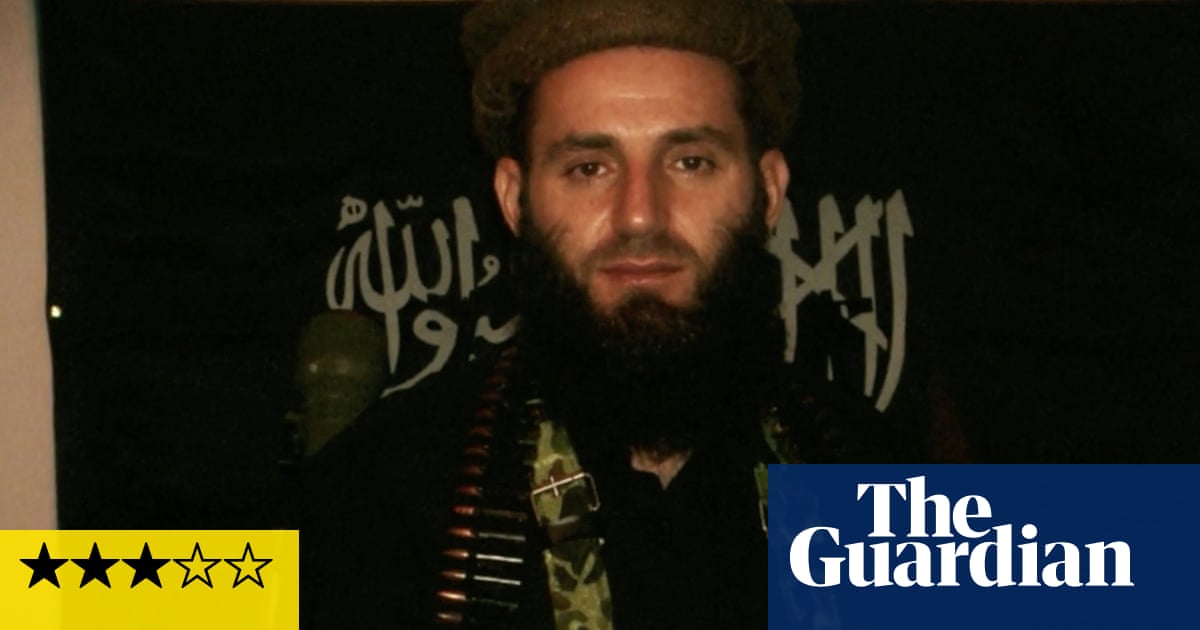In the movies, the classic hazard for the undercover operative is psychological meltdown after getting lost in their new identity. In real life, the dangers seem more prosaic: being treated as an expendable asset and dumped. That was the situation for Muslim Kosovan refugee Blerim Skoro who, despite years spent protecting US national security as a prison informant and al-Qaida mole, was threatened with deportation. His paymasters, theCIAand FBI, don’t emerge creditably from director Anthony Wonke’s headlong, if narrowly focused, account.
Skoro seems to have a gift for being in the right or wrong place at the wrong or right time; it’s not obvious which. After deserting from the army during the 1990s Yugoslav war, he wound up as an asylum seeker in New York with a young family. But a new hustle, running drugs for the Albanian mafia, backfires when he is picked up at customs. In his Manhattan prison, he has a direct view of the twin towers on 9/11; in the aftermath, the CIA recruits Skoro – already in the orbit of the Islamist contingent, thanks to his military bona fides and Qur’anic learning – as an inside man in the “war on terror”.
Simultaneously naive and durable, Skoro comes across like a post-9/11 Zelig adapting to turbulent geopolitical terrain. The same cheerful malleability that saw him thrive as an immigrant and foolishly take the Albanian gig allows him to ingratiate himself in the upper-middle echelons of al-Qaida, where he becomes a key Balkans liaison. But there’s something jejune or hollow about his repeated insistence he was a willing participant because he hates bad people. More understandable is the simple explanation: the hope of getting a green card to rejoin his family in New York.
Though Wonke energetically depicts this extraordinary character, the film doesn’t broaden to contextualise him in the wider anti-terrorist infrastructure. Nor is it completely clear what information he contributed to it or operations he supported – though possibly disclosing specifics on camera would have been pushing his luck. One point The Accidental Spy does conspicuously flag up is the cynicism of the security agency towards their field operatives. Perhaps vulnerable foreigners suffer it more than native Americans, but you suspect this exploitation won’t improve under Trump.
The Accidental Spy is atBertha DocHouse, London from 25 April
